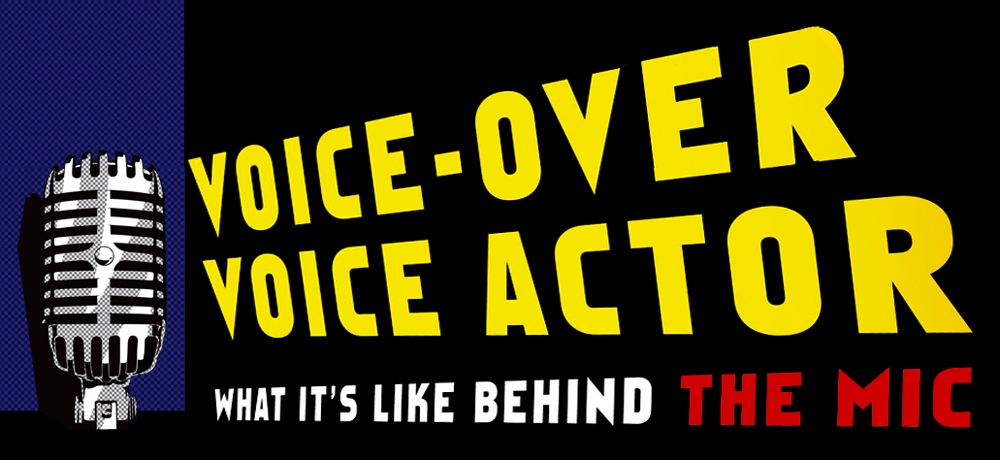
Nowadays a Web presence is practically essential for anyone trying to market themselves in this business. It serves as your calling card and news feed, letting people know what you’re up to. As we’ve mentioned, the Web provides a way for new people to find you, and it’s a fantastic place to post your demo reel for quick and easy access by potential employers.
Once you have a Web site set up, you can make a business card that includes your Web address (preferably an address that’s your name, like ArchibaldTuttle.com or TaraPlatt.com, although sometimes, if that’s not an option, you’ll have to get creative: ArchibaldTuttleVO.com or YuriLowenthalIsAVoiceActor.com). Then, whenever you meet people in the VO business, you can give them your card: suddenly all your info is at their fingertips.

Even the most basic Web site should include your name, general contact info (phone number, e-mail, etc.) and/or your representation contact info. In addition it might also include a list of credits and/or upcoming work, and maybe a clip or a demo reel of your voice.
Many actors choose not to have images of themselves on their Web sites if the site is for voice-over only, as one of the great things about voice-over is that it isn’t looks-based (remember our note about packaging). Instead of displaying your photo, you can put up images that showcase either the work you’ve done or the qualities or essence your voice evokes.
Your Web site may feature several different things ranging from your professional acting experience to your personal life. If so, make sure that it’s as easy to navigate to your VO info as possible, so that potential employers don’t get caught up in photos of your latest class reunion when all they’re trying to do is listen to your VO demo. If possible, you might want to have a separate site for your personal stuff so that professionals visiting your VO site don’t see anything that might adversely affect their judgment of you: those photos may be funny to you and your friends, but a casting director might not get the joke.
You don’t have to spend a lot of money, nor do you need to know html programming to set up a decent, effective Web site that you’ll be able to update yourself. Shop around, ask around, and find a Web hosting company that works for you. Check out other actors’ sites, and if you like what you see, shoot some of them an e-mail and ask who’s hosting their Web sites and who did the design (sometimes you’ll find that information at the bottom of the Web page). There are even companies that let you design your own free Web page, and that can help when you’re trying to get started on the cheap. In any case, creating a page is something you can do on your own. And a Web site is a resource that could prove very important. So full steam ahead!
+++++++++++++++++++++++++++++++++++++++++++++++++++++++++++++++++++
Check out our VoiceOverVoiceActor website for more tips and exercises. We post daily VO tips on Facebook and Twitter, and our book, Voice Over Voice Actor: What it’s like behind the mic includes a wealth of exercises to build your voice and keep it ready for a successful voice over career!
 Other great voiceover artists can be a source of inspiration!
Other great voiceover artists can be a source of inspiration! 






